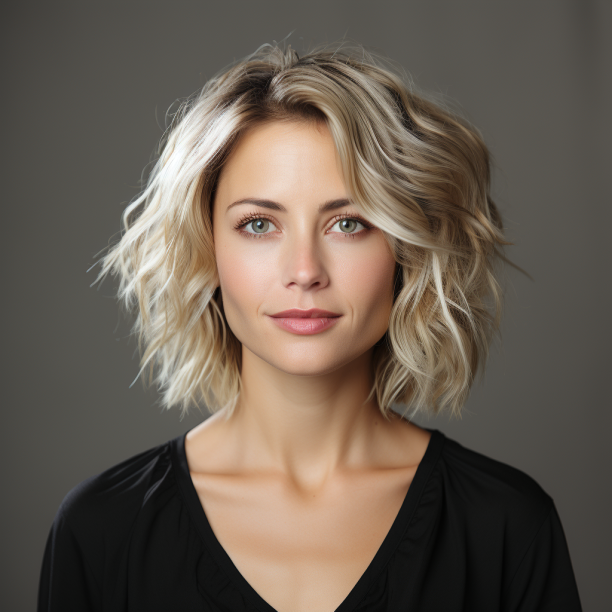Salicylic Acid (Topical Acne Medication)
Mineral Oil (Lotions, Creams)

You may tend to see “oil” and think “moisturizer,” but it’s important to think long-term. Not only does it clog up your skin making it more difficult for the body’s natural means of getting rid of toxins without an abundance of acne, it also slowly takes down the wall of self-produced moisturizer (oil) the body makes. When the system gets destroyed over a long period of time, it’s difficult for the body to come back from it, meaning it may just make dry skin worse instead of better.
Sodium Lauryl Sulfate (SLS) & Sodium Laureth Sulfate (SLES) (Soap, Facial Cleansers)

SLS and SLES are chemical additives used as detergents and to make it easier to mix liquids with different surface tensions—not just in cosmetics, but in degreasers and other cleaners. Most products that turn from a liquid into a soapy froth (like facial cleaners and foaming soap) use one of them. Which means the vast majority of these products are especially likely to cause irritated skin, even inflaming the epidermis and separating the layers of the skin.
Fragrances (Most Skin Care Products)

You might think the key word here is “synthetic” or “artificial.” While you do want to be especially careful (particularly in products who list the ingredients that make up their fragrant ingredients only as “fragrance”), even natural scents that come from essential oils and the like can cause dry or irritated skin for some folks. If you have skin that’s prone to sensitivity, opt for fragrance-free alternatives.
Parabens (Moisturizers, Anti-Aging Creams)

Parabens are a questionable synthetic chemical used to increase shelf life . They’re deemed extremely harmful by many sources, but claimed to be perfectly safe by others. They have the potential to irritate skin and make contact allergies more likely—particularly in products like lotions that stay on the skin for long periods of time, giving the preservative a better chance to really set in.
Alcohol (Facial Cleanser)

Great for cleaning out wounds, not so great for the skin (or hair). Many products use alcohol as an ingredient to help the skin absorb more of the product, particularly lotion-like items. Since it may be nearly impossible to find skin care products totally sans-alcohol, opt for things with less—those who don’t list it until closer to the end of the ingredients.
Formaldehyde (Lotions, Soaps)

Also used as a preservative, formaldehyde is the chemical that preserves dead bodies. It’s also used in insecticide, petroleum, adhesive, and a million other things you want to keep far, far away from your skin. It can be absorbed through the skin, and the irritation it causes may be the least of your concerns!
Retinoids (Anti-Wrinkle Creams)

Retinoids may not cause problems for everyone, but a lot of people experience some negative skin reactions. If you have dry skin already, retinoids may cause redness, irritation, or make dry skin worse. Even if you don’t have sensitive skin, your skin may not respond well to retinoids, resulting in flakey dry patches instead of smoothing out wrinkles or helping to manage acne and skin conditions. Try starting with a very small amount of a product that contains a mild retinoid, and slowly work your way towards more of a stronger product to avoid backlash.
Preservatives (Most Skin Care Products)

Without preservatives, your creams and lotions would have a shelf life that expired before you even got them home from the store. But that doesn’t mean you have to settle for every preservative cosmetic companies throw at you. Some of them double as pesticides and other extreme chemicals—why wouldn’t rubbing your skin down with bug killer cause patches of itchy irritation?
Hydroquinone (Skin Lightening Products)

Hydroquinone is used for freckles, liver spots, and areas of the skin with increased pigmentation that get in the way of a peaches-and-cream complexion. But, you should know; you may be trading your freckles for splotches of red, irritated skin with a range of sensations from itching to burning. Some countries have already made hydroquinone illegal, in part because of its link to tumors.
 Author
Rachel Downs
Last Updated: February 11, 2026
Author
Rachel Downs
Last Updated: February 11, 2026
